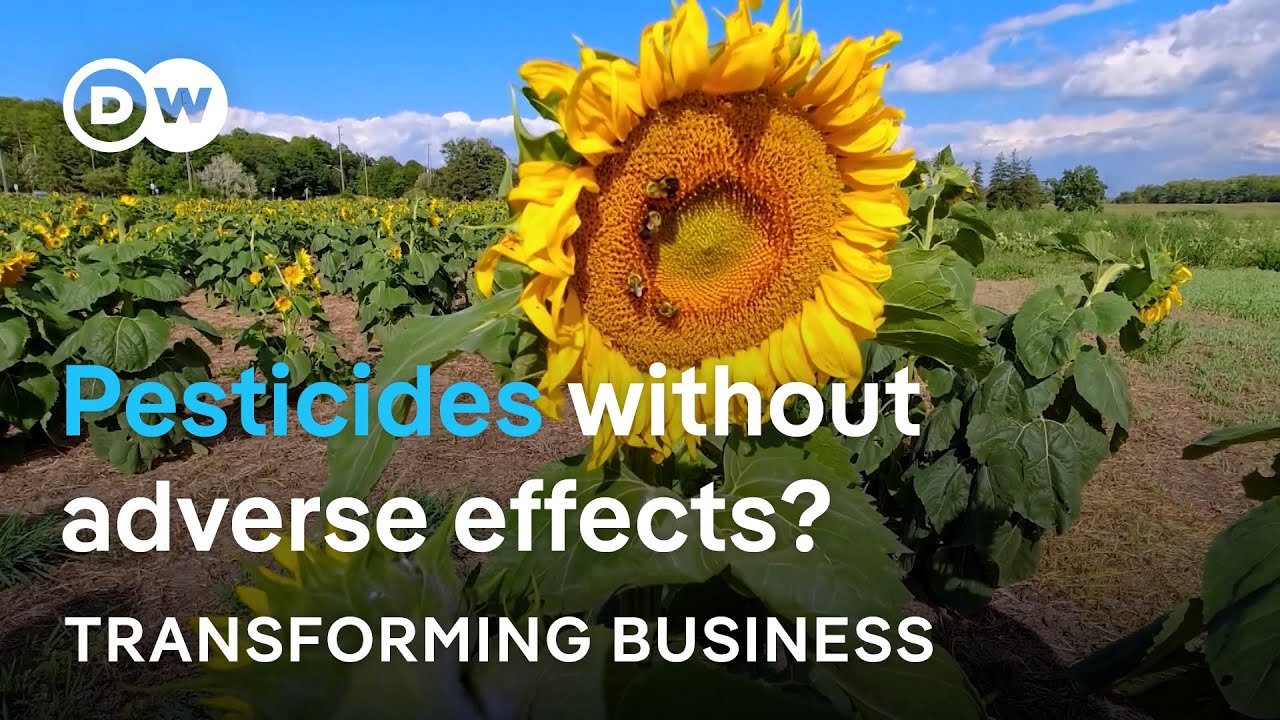- Synthetic pesticides are essential to industrial food systems but are toxic to the environment.
- Organic farming practices, as an alternative, involve more labor and biological methods for pest control.
- The history of pesticides dates back to the early 20th century, with significant growth in their use post-World War II.
- The global crop protection industry is valued at approximately $78.7 billion as of 2022.
- Resistance to pesticides, such as glyphosate, is increasing, prompting the development of new chemicals.
- Pesticides have negative impacts on biodiversity, including harmful effects on bees, soil organisms, and water quality.
- The European Commission proposed a regulation to reduce the use and risk of chemical pesticides by 50% by 2030, but it was scrapped due to lobbying.
- Major agrochemical companies continue to lobby against policies that would reduce pesticide use, citing concerns over profit losses.
- Some banned pesticides in the EU are still sold by European companies in South America and other regions.
- Experts argue that a complete overhaul of the farming system is needed to reduce reliance on chemical pesticides.
- Organic farming practices, such as those at the cooperative in Germany, demonstrate sustainable models for agriculture but face challenges in scaling up.
DW News is a global news TV program broadcast by German public state-owned international broadcaster Deutsche Welle (DW).
AllSides Media Bias Rating: Center
https://www.allsides.com/news-source/deutsche-welle-media-bias
Official website: https://www.dw.com
Original video here.
This summary has been generated by AI.

Leave a Reply